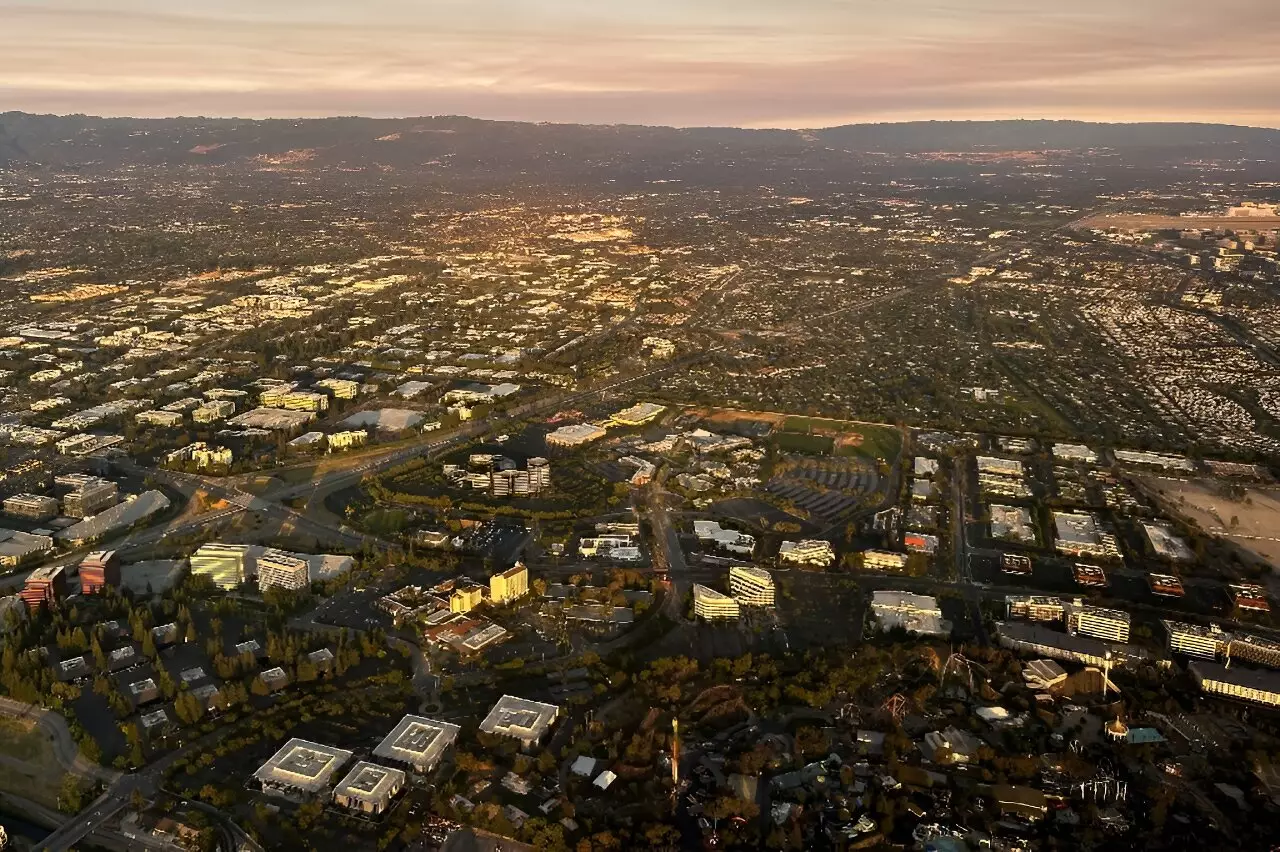The landscape of Silicon Valley’s generative AI startups is rapidly changing, with many promising names being acquired or tied to tech giants such as Microsoft and Amazon. Companies like Inflection AI and Adept have seen key executives exit quietly to join larger corporations through discrete transactions, leading critics to believe that these are acquisitions in disguise. While some startups like Character AI struggle to raise funds to remain independent, others, like French firm Mistral, are at risk of being bought out by tech behemoths.
The era-defining release of ChatGPT has ushered in a revolution in generative AI, but it comes at a price that only tech giants like Microsoft, Amazon, or Google can afford. These companies are able to provide the massive computing power required for such advanced technology, which is beyond the reach of most startups. As a result, many founders have left big tech companies like Google or OpenAI to launch their own startups, only to later align themselves with the very companies they once sought to disrupt.
While partnering with established tech giants can provide startups with the resources needed to thrive, it also poses a threat to competition and innovation. By consolidating power within a few major players, there is a risk of stifling creativity and limiting diversity in the AI industry. This growing trend of acquisitions and partnerships raises concerns among industry experts about the potential for monopolies and the need for regulatory intervention to ensure a level playing field.
Government regulators in the US, European Union, and Britain are closely monitoring the relationships between generative AI startups and tech giants to prevent anti-competitive practices. Recent scrutiny of deals between companies like Inflection and Microsoft or Adept and Amazon underscores the growing concern over consolidation in the industry. While antitrust enforcers may face challenges in blocking such arrangements, there is a recognition that regulatory oversight is necessary to protect the interests of consumers and promote fair competition.
The joint statement signed by US, European, and UK regulators signals a commitment to preventing big tech companies from dominating the nascent AI industry. As artificial intelligence continues to evolve and play an increasingly central role in our lives, it is essential that regulatory frameworks keep pace with technological advancements. The move towards greater oversight and transparency in the AI sector reflects a broader shift towards ensuring ethical and responsible development of emerging technologies.
The trajectory of generative AI startups in Silicon Valley is being reshaped by the influence of tech giants and the challenges of regulatory scrutiny. As the industry navigates the complex interplay between innovation, competition, and consolidation, the future of AI will be shaped by the decisions made today. It is critical for stakeholders across the ecosystem to work together to ensure a vibrant and diverse landscape for generative AI startups, where creativity and innovation can flourish without being stifled by monopolistic practices. The coming years will be crucial in determining the direction of the AI industry and the role of regulators in safeguarding its future.


Leave a Reply